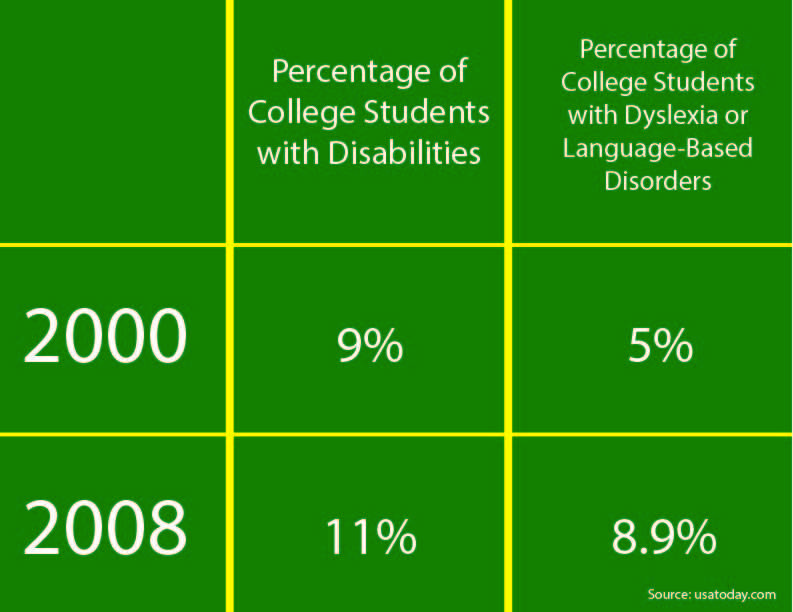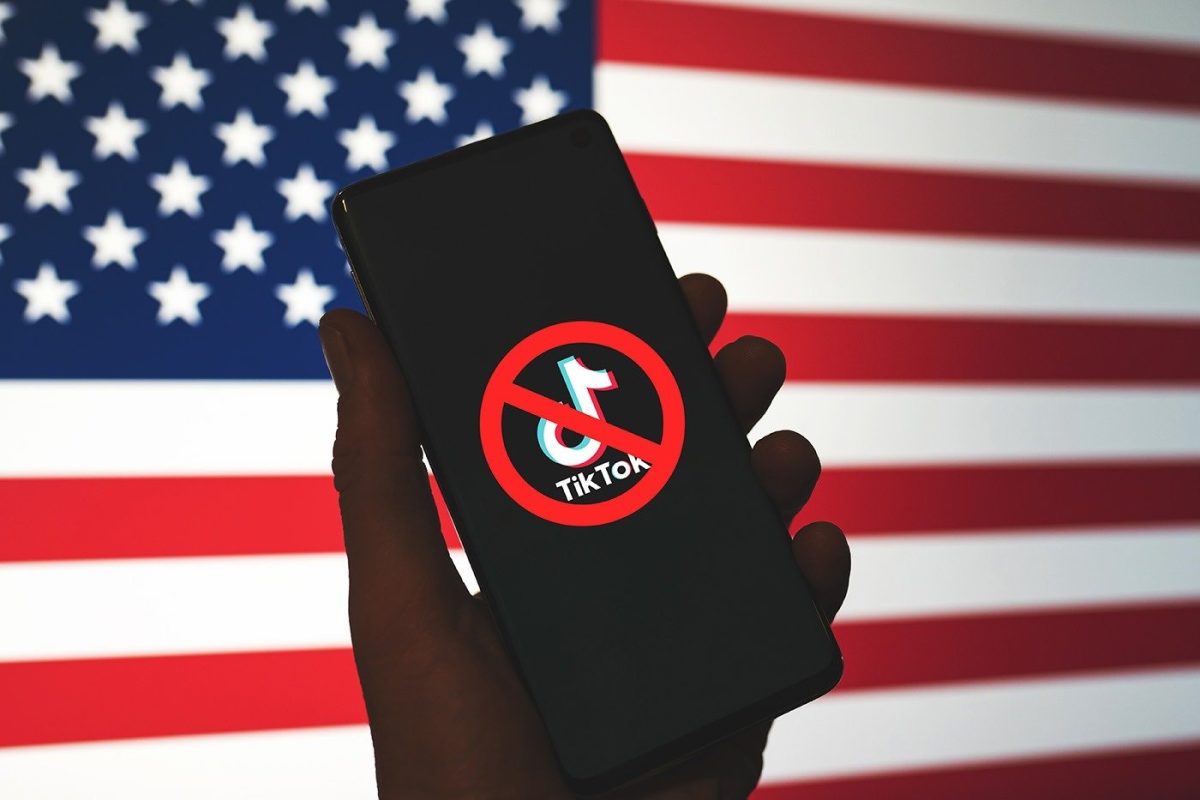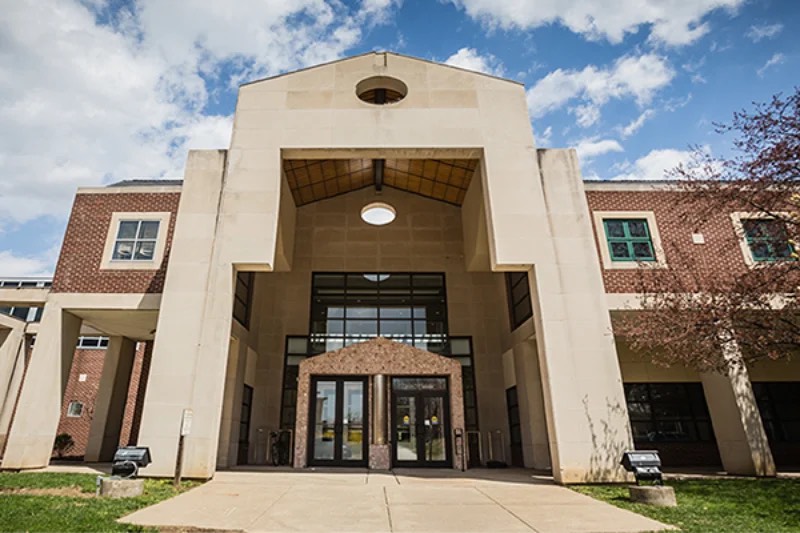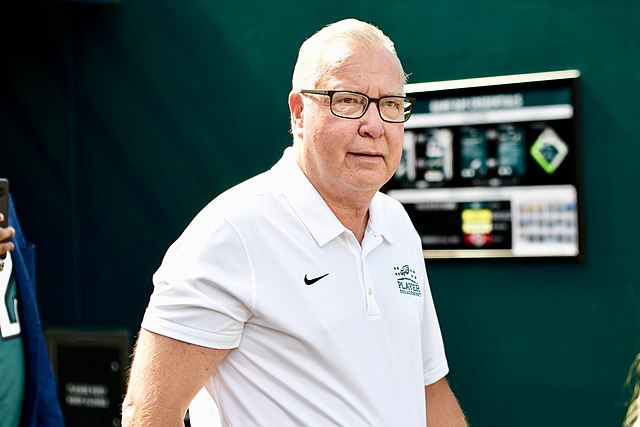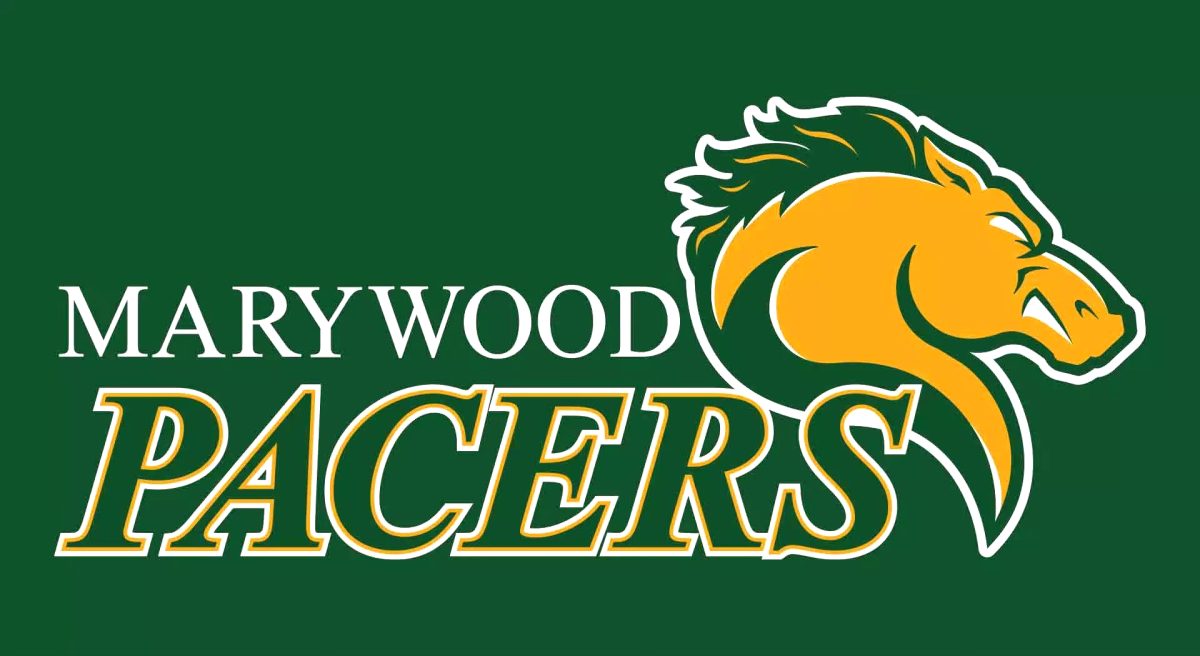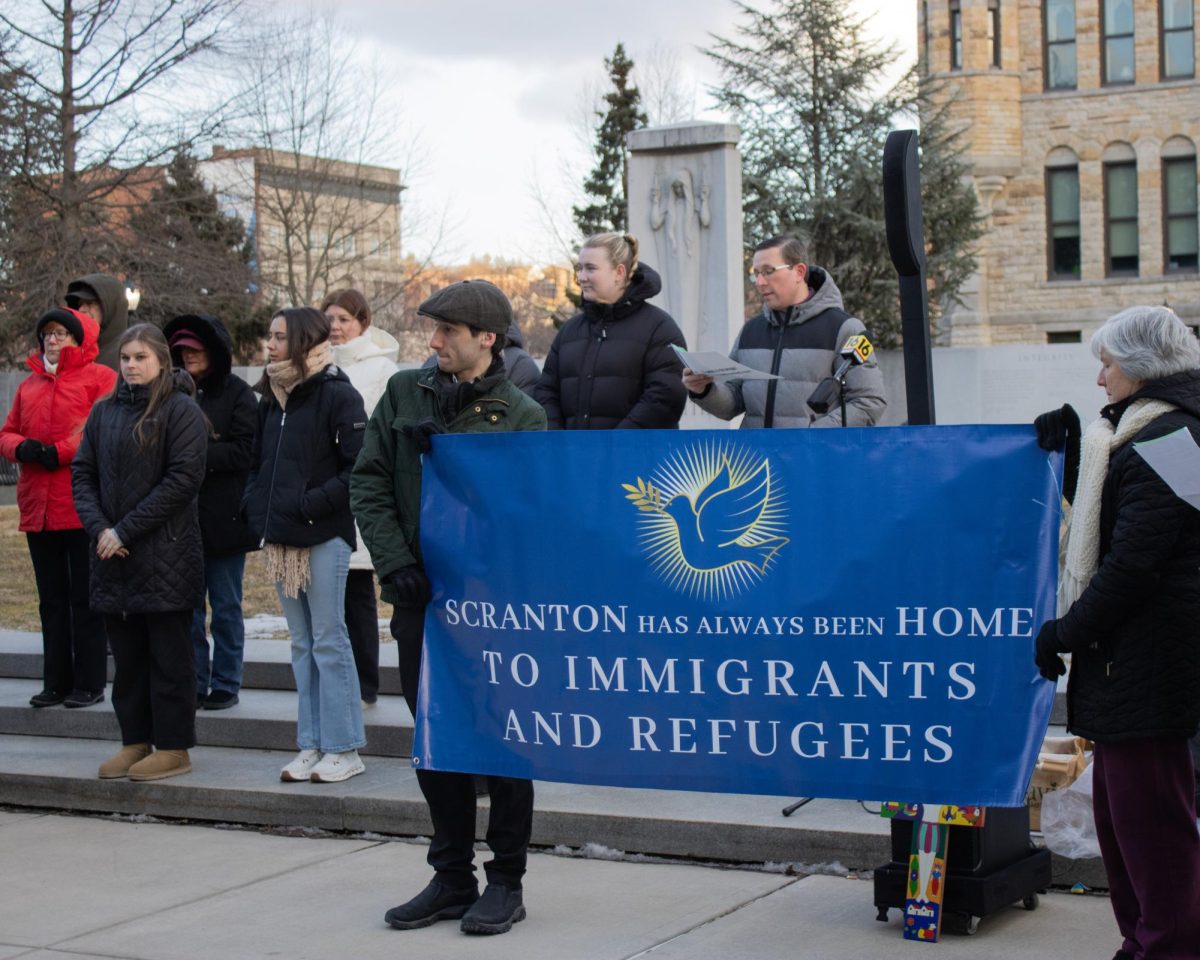On Oct. 30, Marywood students, faculty, and guest speakers came together to discuss the etiquette regarding those with disabilities. The event was held in the Fireplace Lounge of the Nazareth Student Center and was open to any students and faculty interested in learning more about disability awareness, Marywood’s accommodations to those with disabilities, and inoffensive terminology.
The event was coordinated by students Casey O’Callaghan, a junior speech pathology major; Josh Bausch, a senior criminal justice major; and Marion Beddoe-Iobst, a junior English major for their “Save the World” project for Dr. David J. Palmiter’s psychology class.
Palmiter pushed the students to address an important issue with the project. Beddoe-Iobst, a woman considered legally blind her entire life, felt that by addressing disabilities in a public forum, it would illustrate the things that Marywood could improve upon to be more accessible as a campus.
Each student was responsible for different aspects of the project. Beddoe-Iobst was responsible for getting in touch with guest speakers, while Bausch and O’Callaghan focused on advertising the lecture through email and invitation. Through the Student Activities Crew, the students reserved the Fireplace Lounge and received help setting up for the event.
The lecture began with Diane Webber, associate director of disability services, discussing disability awareness, specifically in the statement found in each course syllabus.
The course syllabus statement deals with the Rehabilitation Act of 1973, specifically section 504, which explains the establishment and extension of civil rights to people with disabilities. This section provides both children and adults with accommodations in study areas needed to succeed.
The syllabus disability clause also deals with the American Disabilities Act of 1990, which prohibits the discrimination of the disabled. Section three of this act builds upon the structural accommodations in public places.
Webber accentuated the importance of these articles. “Generally, it’s to raise awareness, but to also direct students to the appropriate office for support and services if those are needed,” she said. “We want to make sure to advertise to the campus and the community that we make every effort to provide equal access to students with disabilities.”
These equal opportunities offered include campus programs, housing, and all-around experience and extend to students with learning and reading disabilities to individuals with food allergies. The modifications to provide these equal opportunities vary depending on a student’s needs.
For a student with an allergy, these adjustments may entail gluten-free food options, while someone with a visual impairment may require large-print text, classroom note-takers, or audio books.
Keith Williams, the director of Advocacy at NEPA Center for Independent Living, also spoke at the event to discuss his role at the Center for Independent Living, or CIL, a non-profit organization that provides services for those with disabilities, and the importance of such programs to better the lives of those living with a disability. Some of these services offered by the CIL include attendant care, home modifications, skills training, vehicle modifications, and many other facilities.
As Director of Advocacy, Williams’s primary focus is to represent the interests of those with disabilities in achieving independent living.
The services and programs that we provide are designed for people with disabilities to maintain and hopefully increase their levels of independence while helping them access other community services,” Williams said.
Students and speakers provided attendees with multiple handouts and pamphlets concerning disabilities. One of these handouts dealt with the proper terminology that respectfully place the individual before the diagnosis.
These terminologies included substitutes for a multitude of hateful terms and phrases. Instead, attendees are pushed to use terms like “cognitive disability, short stature, and physically disabled” to avoid upsetting anyone who may take offense.
Though the lecture discussed an important topic, the number of attendees was extremely low.
“I sincerely wish more people would have come, not because it’s what our grade depended on, but because we really felt it was an important issue,” O’Callaghan stated.
As for why the event resulted in such a poor turnout, O’Callaghan said she believed it was all due to bad timing.
“We didn’t realize at the time it was going to be registration week. So a lot of the teachers I got in touch with already had meetings scheduled with their advisees,” she said. “I had a lot of my own teachers say, “Oh I’d love to come, but I already have a meeting.”



